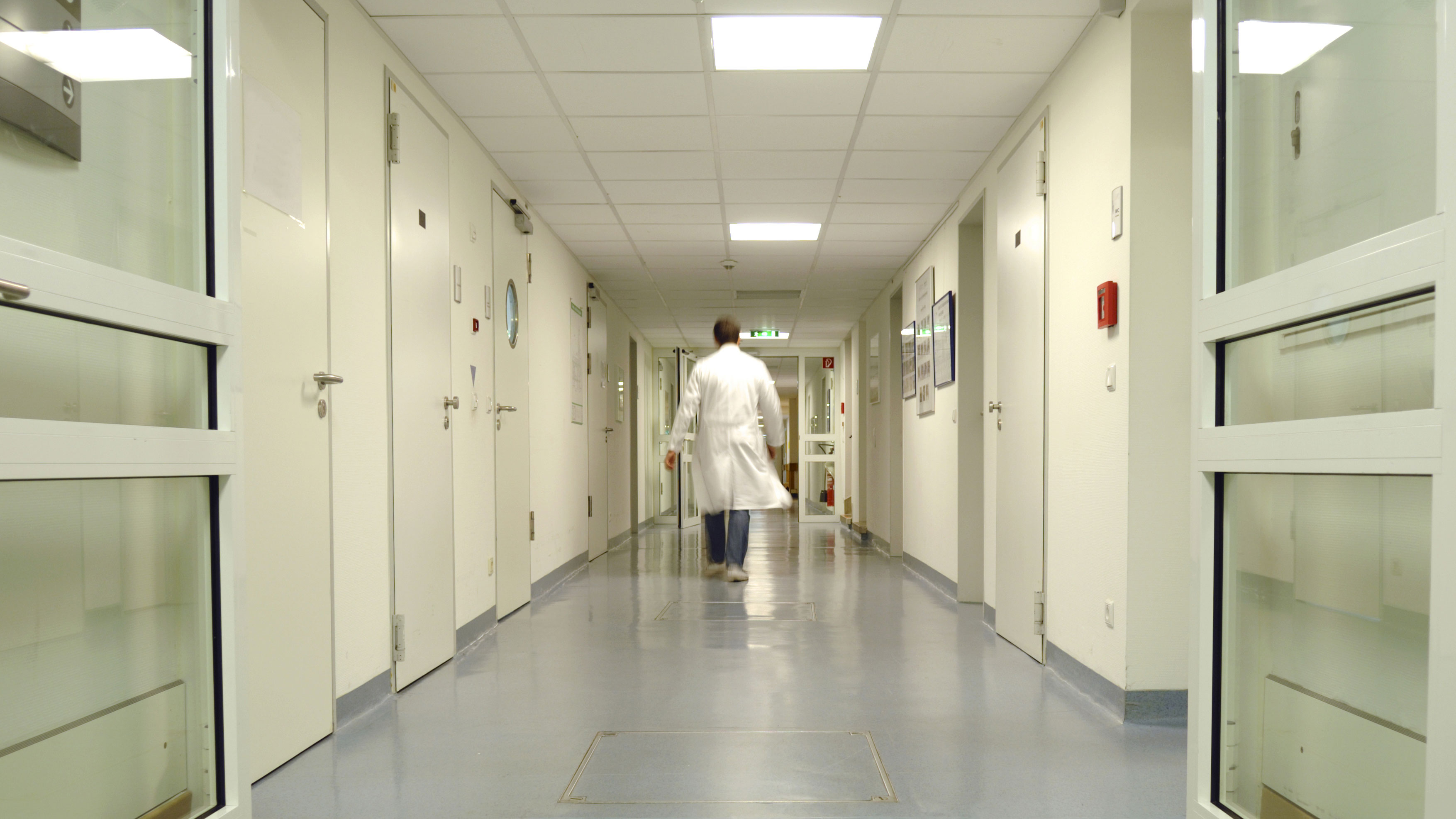Hospital doctors spreading disease by smartphone
Bad medicine...

Smartphones could be responsible for the spread of disease in hospitals, a Tasmanian study has found.
While the devices have changed the way hospitals operate – frequently being shared between doctors and nurses to access laboratory results and coordinate patient care – the practice could be putting the health of patients at risk.
The study found that 50 per cent of smartphones had one species of bacteria, 40 per cent had two, and three per cent had three species.
"Three quarters of phones that we saw actually grew bacteria, out of those a small but significant percentage – 5 per cent actually – grew pathogenic bacteria that can cause infections," said medical researcher Dr Foong Yi Chao.
"Even the most mild of these bacteria can cause gut and blood infections in patients with already compromised immune systems."
Keep it clean
According to Dr Chao, smartphones need disinfecting in the same way that doctors wash their hands, but the study shows only one in five medical professionals do so regularly.
"Mobile phones are being used by everyone nowadays, they're so important in hospital settings for communication," Dr Choa said.
Get daily insight, inspiration and deals in your inbox
Sign up for breaking news, reviews, opinion, top tech deals, and more.
"So even though it sounds like a small percentage, it's one in every 20 phones so it's small but significant.
"And while there are stringent protocols for sterilising hospital equipment, clothing and staff hand washing, that is not necessarily the case for mobile phones.
"Worldwide there's no known protocols for phone cleaning, it's something that's only been looked at recently... so that's something that needs to be developed in the future."
- Want the latest developments in medical tech? Google's new wearable tracks vital signs for medicine.